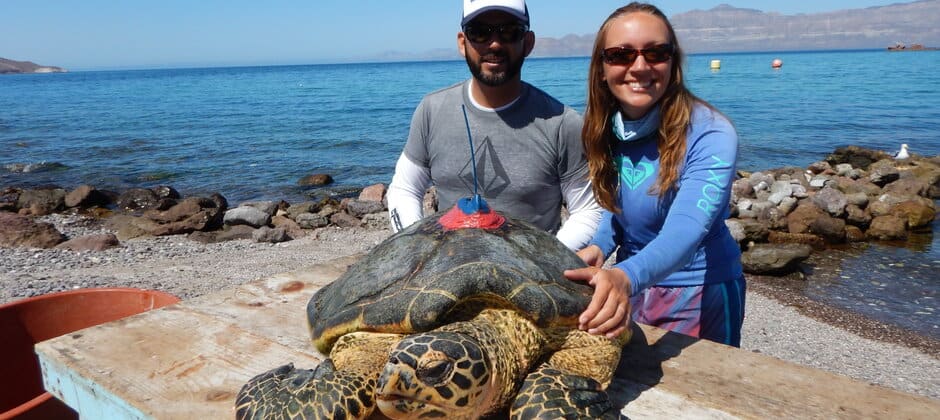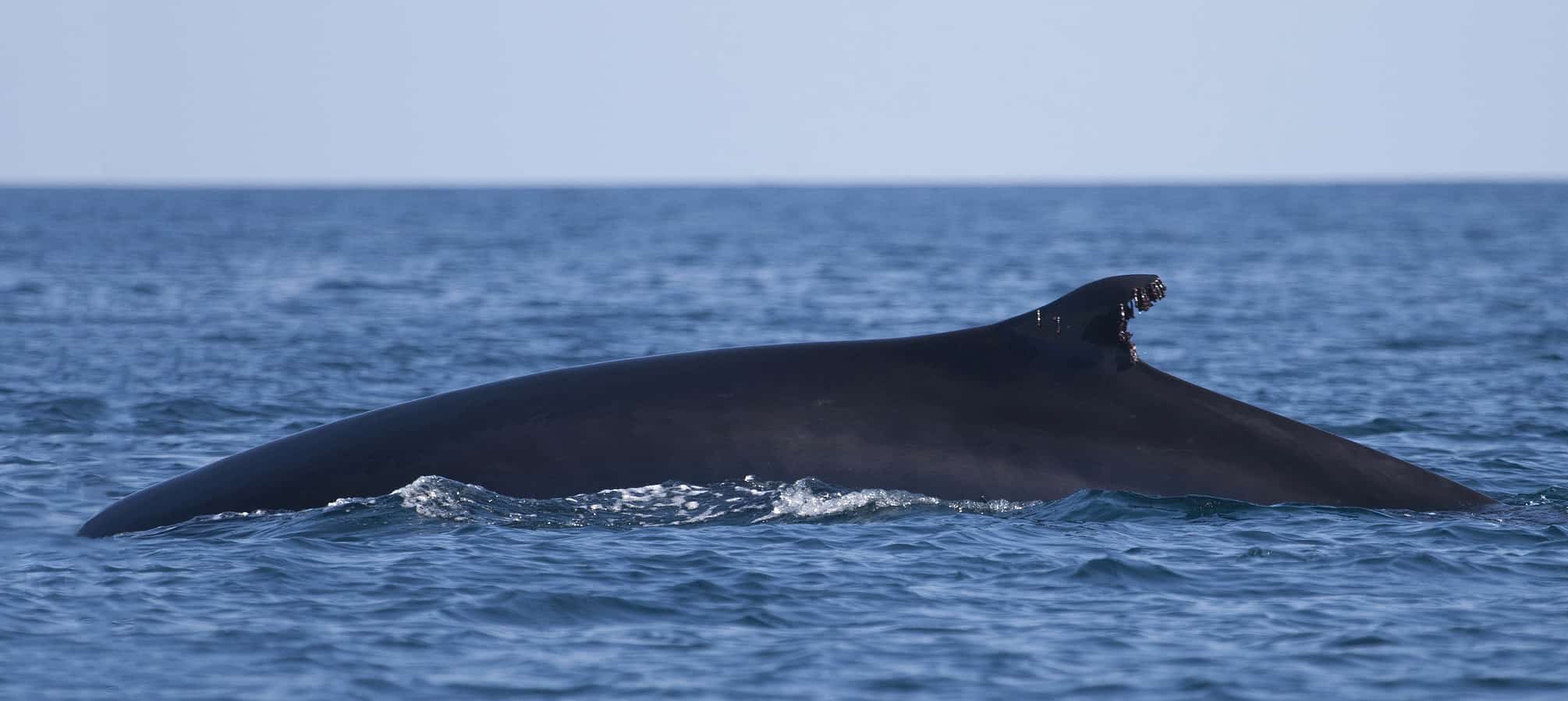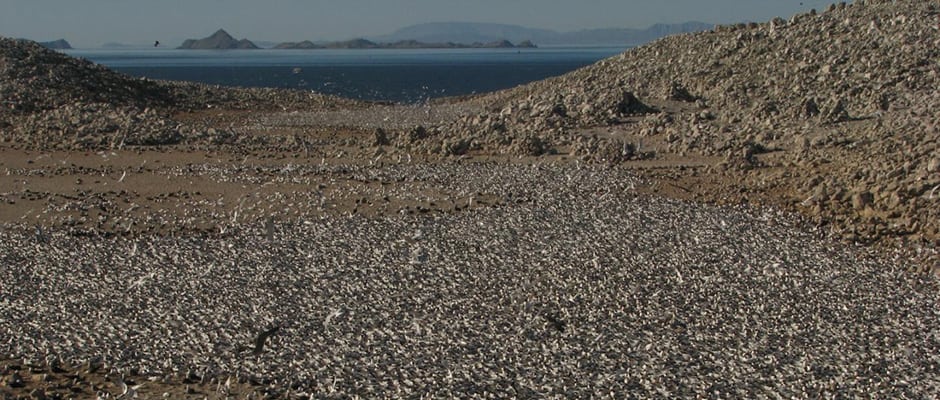- News
-
-
-
-
-
Latest News Articles
- 2024 TWS Elections: Canadian Representative April 18, 2024
- Gentrification brings more wildlife to urban areas April 18, 2024
- Oil and gas development, tree cover not good for pronghorn productivity April 17, 2024
-
-
-
- Wildlife Professional Resources
-
- Our Network
-
- PUBLICATIONS
-
-
Recent Posts
-
 The Wildlife Professional November/December Issue
November 1, 2023
The Wildlife Professional November/December Issue
November 1, 2023
-
-
-
-
-
-
- Wildlife Events
-
-
-
Upcoming Webinars
- No Events
-
-
-
- Who We Are
-
Tag: Gulf of California

January 10, 2022
Wild Cam: Marine protected areas help hawksbills
Most of the islands in the Gulf of California are uninhabited, but for generations, a fishing family has lived on El Pardito Island in the southwestern end near La Paz....

February 13, 2019
Satellites show Gulf of California fin whales are residents
Scientists have long known that fin whales (Balaenoptera physalus) in the Gulf of California are unusual. They’re spotted there year-round, while most other whale species migrate. Using satellite data, researchers...

July 1, 2015
Overfishing, Climate Change Push Mexican Seabirds North
Climate change and overfishing is pushing a colony of seabirds from their native Mexican nesting grounds into California. “The problem for the elegant terns is not only the temperature anomalies...

